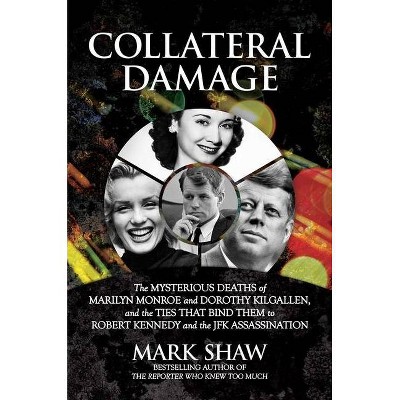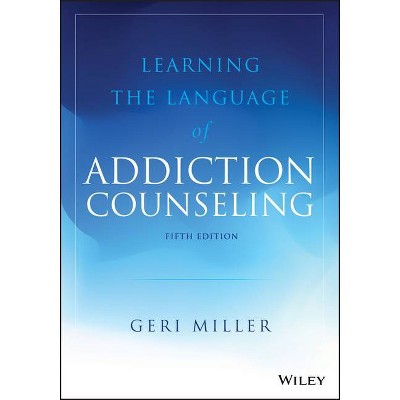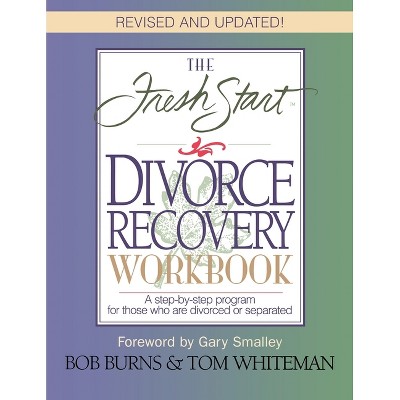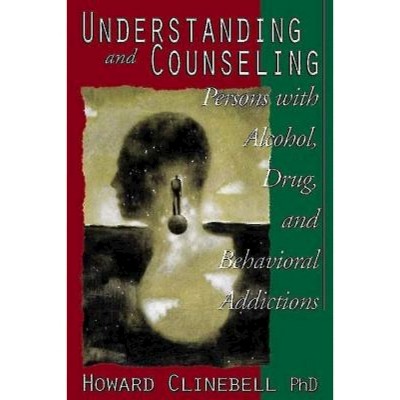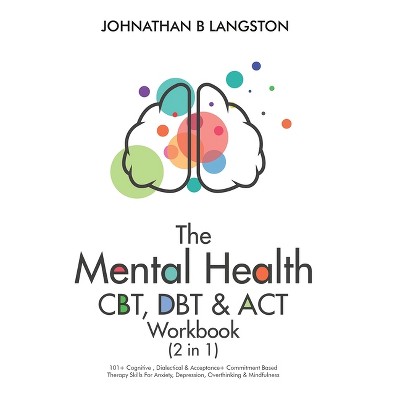Sponsored

Collateral Damage - (Contemporary Psychology) by Paul Kimmel & Chris Stout (Hardcover)
In Stock
Sponsored
About this item
Highlights
- Color-coded terrorism alerts are issued, then lifted with no explanation.
- About the Author: Paul R. Kimmel is Chair of the American Psychological Association's Task Force on the Psychological Effects of Efforts to Prevent Terrorism.
- 240 Pages
- Psychology, Mental Health
- Series Name: Contemporary Psychology
Description
About the Book
Color-coded terrorism alerts are issued, then lifted with no explanation. False alarms can, like crying wolf, desensitize people to a real need to be on alert. And that psychic numbing is just one effect discussed in this book by fifteen psychologists teamed up to take a critical look at the U.S. war on terrorism. These experts are led by the Chairman of an American Psychological Association task force charged with pinpointing the effect of our anti-terrorism efforts on American mental health. Together, they present the most up-to-date and intriguing picture we have of the fallout on our own people from our own programs. The text spotlights stereotyping of foreigners, increased domestic hate crimes, fear, depression and helplessness, as well as increased militancy and belligerence, especially among students. Perhaps most disturbing in the land of the free, we also see increasing acceptance of restrictions on our personal freedoms, and acceptance of human rights violations.
Color-coded terrorism alerts are issued, then lifted with no explanation. False alarms can, like crying wolf, desensitize people to a real need to be on alert. And that psychic numbing is just one effect discussed in this book by fifteen psychologists teamed up for a critical look at the U.S. war on terrorism. These experts are led by the Chairman of the American Psychological Association task force charged with pinpointing the effect of our anti-terrorism efforts on America's mental health. Together, they present the most up-to-date and intriguing picture we have of the fallout on our own people from our own programs. The text spotlights fueled stereotyping of foreigners, increased domestic hate crimes, fear, depression and helplessness, as well as increasing militancy and belligerence, especially among students. Perhaps most disturbing in the land of the free, our attention is drawn to growing acceptance of restrictions on our personal freedoms, and acceptance of human rights violations.
Contributors to this collection aim to give us a reality check, looking at what our national reactions to terrorism have been, how those reactions have affected the psyche of our people and whether this has made us stronger or weaker, and more or less likely to be the target for future attacks.
Book Synopsis
Color-coded terrorism alerts are issued, then lifted with no explanation. False alarms can, like crying wolf, desensitize people to a real need to be on alert. And that psychic numbing is just one effect discussed in this book by fifteen psychologists teamed up to take a critical look at the U.S. war on terrorism. These experts are led by the Chairman of an American Psychological Association task force charged with pinpointing the effect of our anti-terrorism efforts on American mental health. Together, they present the most up-to-date and intriguing picture we have of the fallout on our own people from our own programs. The text spotlights stereotyping of foreigners, increased domestic hate crimes, fear, depression and helplessness, as well as increased militancy and belligerence, especially among students. Perhaps most disturbing in the land of the free, we also see increasing acceptance of restrictions on our personal freedoms, and acceptance of human rights violations.
Color-coded terrorism alerts are issued, then lifted with no explanation. False alarms can, like crying wolf, desensitize people to a real need to be on alert. And that psychic numbing is just one effect discussed in this book by fifteen psychologists teamed up for a critical look at the U.S. war on terrorism. These experts are led by the Chairman of the American Psychological Association task force charged with pinpointing the effect of our anti-terrorism efforts on America's mental health. Together, they present the most up-to-date and intriguing picture we have of the fallout on our own people from our own programs. The text spotlights fueled stereotyping of foreigners, increased domestic hate crimes, fear, depression and helplessness, as well as increasing militancy and belligerence, especially among students. Perhaps most disturbing in the land of the free, our attention is drawn to growing acceptance of restrictions on our personal freedoms, and acceptance of human rights violations. Contributors to this collection aim to give us a reality check, looking at what our national reactions to terrorism have been, how those reactions have affected the psyche of our people and whether this has made us stronger or weaker, and more or less likely to be the target for future attacks.Review Quotes
"[E]xamines the psychological effects of the U.S. government's antiterrorism measures and takes the reader a step back to look at what this campaign has come to mean....[c]hapters provide readers with discussions that view the problem from a social as well as individual perspectives....[r]ecommendations for improving emergency prepardness efforts are sound, especially their call for collaboration instead of competitiveness among mental health providers and organizations in the wake of disaster....[i]ntroductory comments and the constellation of discussions in this book's chapters serve as a clear starting point for a necessary and ongoing discussion and are as refreshing as the child's declaration that the emperor is wearing no clothes. It is good to know that, in a moment of our history when even a supposedly independent press has largely suspended its critical voice, there are still some who will call it as they see it." --PsycCRITIQUES
"Kimmel, chair of the American Psychological Association's Task Force on the Psychological Effects of Efforts to Prevent Terrorism, together with his fellow psychiatrist Stout, present research conducted by the Task Force on the psychological effects of efforts to prevent terrorism and on programs that provide alternatives to terrorism. Contributors discuss the importance of overhauling the diplomatic approach to terrorism; the ways that the US reaction to 9/11 set conditions conducive to hate crimes; the social psychology of punishing antiwar dissent; relationships between threat, ideology, and political behavior; psychological effects of media coverage of the Iraq war; the impact of US activities in Afghanistan and Iraq on terrorist motivation; public mental health; and other aspects of the War on Terror that can explored through psychological investigation." --Reference & Research Book News "Collateral Damage: The Psychological Consequences of America's War on Terrorism goes beyond other books which focus on terrorist tactics to consider the long-term psychological impact of terrorism on this country. From the increased stereotyping of an prejudice against foreigners in general and Arabs in particular to increases in domestic hate crimes and depression, militancy and anger, Collateral Damage examines national reactions to terrorism as a whole and is essential for any in-depth college-level military or social science collection." --Midwest Book Review - California BookwatchAbout the Author
Paul R. Kimmel is Chair of the American Psychological Association's Task Force on the Psychological Effects of Efforts to Prevent Terrorism. He is past President of Psychologists for Social Responsibility, and an Adjunct Faculty member at the Saybrook Graduate School and Research Center.
Chris E. Stout is Series Editor for the Praeger series, Contemporary Psychology. Stout is a Licensed Clinical Psychologist and a Clinical Full Professor at the University of Illinois College of Medicine's Department of Psychiatry. He served as NGO Special Representative to the United Nations and is a Founding Director of the Center for Global Initiatives. He has published some 300 papers and 30 books and manuals on psychology and his works have been translated into six languages.Shipping details
Return details
Frequently bought together


Trending Non-Fiction






Discover more options
